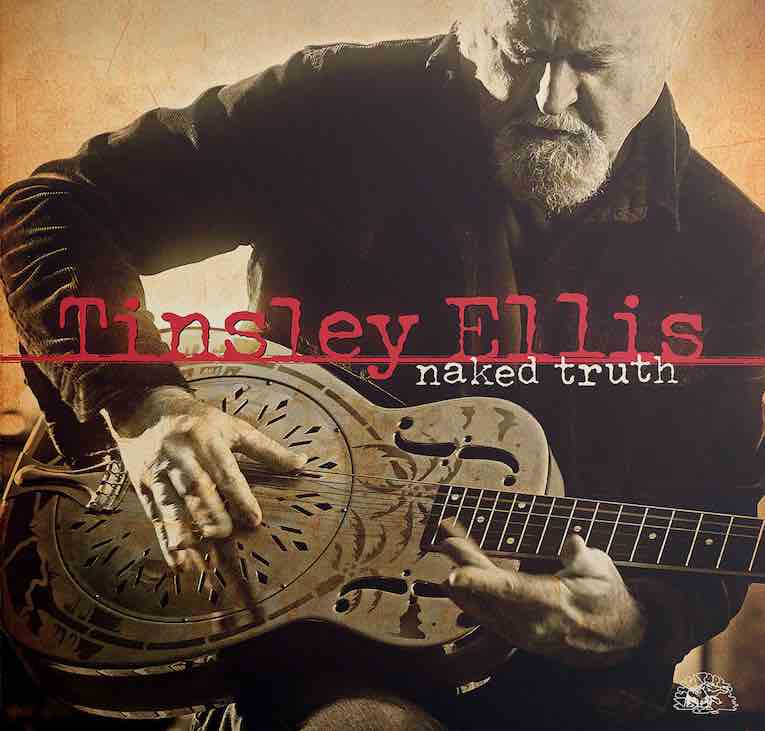GEESHIE WILEY
Last Kind Words, debería formar parte de la antología de los mejores temas del Blues según algunos historiadores.
Os lo ofrecemos junto a Motherless Child en una de las primeras versiones que se hicieran del mismo , luego popularizado por Eric Clapton , entre otros.
Recorded circa March 1930 in Grafton, Wisconsin. Don Kent has described "Last Kind Words" as "one of the most imaginatively constructed guitar arrangements of its era...."
As far as I know, no picture of Geeshie Wiley exists. The one I used here was from Google image searching and picking something that seemed vaguely appropriate.
Geeshie Wiley (sometimes rendered as Geechie Wiley) was an American female blues singer and guitar player. She recorded three records in the early 1930s. There are no known photographs or images of the artist in existence.
Wiley's biographical details are limited and the few details recalled in various sources are contradictory: to complicate matters, "Geeshie" is generally thought to have been a nickname rather than Wiley's legal name. Ishman Bracey (whose testimony may not be reliable) stated Wiley hailed from Natchez, Mississippi, and was romantically linked to Papa Charlie McCoy. It is thought that in the 1920s she worked in a medicine show in Jackson, Mississippi. Some evidence suggests that Wiley may have married Casey Bill Weldon following his divorce from Memphis Minnie.
The singer and bass player Herbert Wiley, of Oxford, Mississippi, told Ted Gioia that Geeshie Wiley was a cousin on his father's side, and that the family had farmed in South Carolina; Wiley's father said that he thought Geeshie had died in 1938 or 1939. Herbert believed that she was possibly buried in the family burial plot in Oxford.The musicologist and genealogist Eric S. LeBlanc has suggested that Geeshie Wiley's legal name was Wadie May Wiley, and that she was born near Oxford in 1906. Robert "Mack" McCormick, however, has claimed to have visited Wiley's former home, and spoken to members of her immediate family, while carrying out fieldwork in Oklahoma. McCormick also interviewed Wiley's recording partner Elvie Thomas in Texas in 1961, and was told that her first name was Lillie Mae. The same interview also suggests that she was alive during the mid-fifties, as Elvie had heard that she was somewhere in West Texas. Later research, while not uncovering more of her origins or fate, suggests that she was born around 1908, as Lillie Mae Scott, and was married to a Thornton Wiley, whom she stabbed to death in 1931. She was, however, touring again, around 1933, with Elvie Thomas, their last tour together.
“If Geeshie Wiley did not exist, she could not be invented: her scope and creativity dwarfs most blues artists. She seems to represent the moment when black secular music was coalescing into blues.”
Don Kent's liner notes to Mississippi Masters: Early American Blues Classics 1927-35 (Yazoo CD 2007, 1994)
In March 1930, Wiley recorded "Last Kind Word Blues" and "Skinny Leg Blues" for Paramount Records in Grafton, Wisconsin. Elvie Thomas provided guitar accompaniment Thomas herself also recorded two songs at the time; "Motherless Child Blues" and "Over to My House," with Wiley playing guitar and supplying vocal harmonies. In March 1931 Wiley and Thomas returned to Grafton and recorded "Pick Poor Robin Clean" and "Eagles on a Half."
Further details of Wiley's early and later life, her career, and her legal name are unknown. The nickname "Geechie" or "Geechee" was most commonly given to people from around coastal South Carolina and Georgia, and is an alternate name for the Gullah ethnic group of that region.
Her song "Last Kind Word Blues" was used in the documentary Crumb (1994) by Terry Zwigoff in the scene where Robert Crumb puts a record on (not the Wiley selection) and sits down to listen. During the song a slideshow of his cartoons is shown. The song also appeared on the latter day compilation album, Mississippi Masters: Early American Blues Classics 1927-1935 (Yazoo Records).
David Johansen and the Harry Smiths covered "Last Kind Words" on their 2002 album Shaker. Johansen also sang a portion of "Last Kind Words" in the movie Searching for the Wrong-Eyed Jesus (2003).




Comments